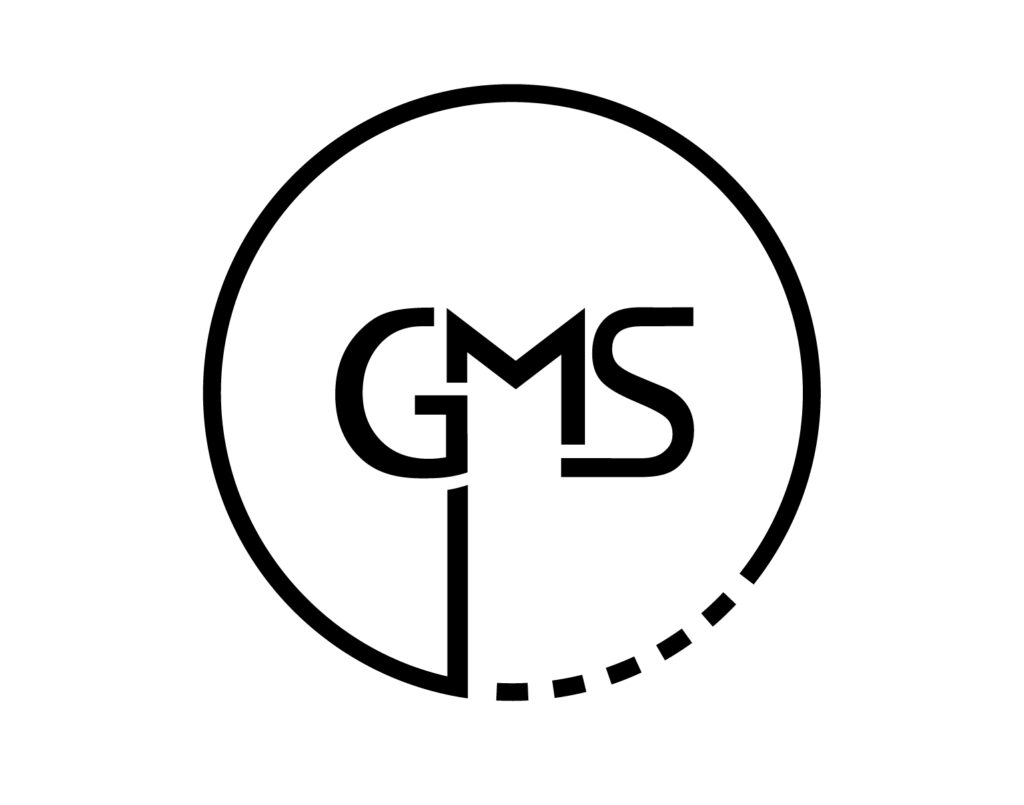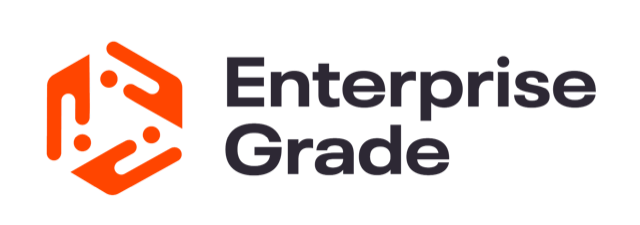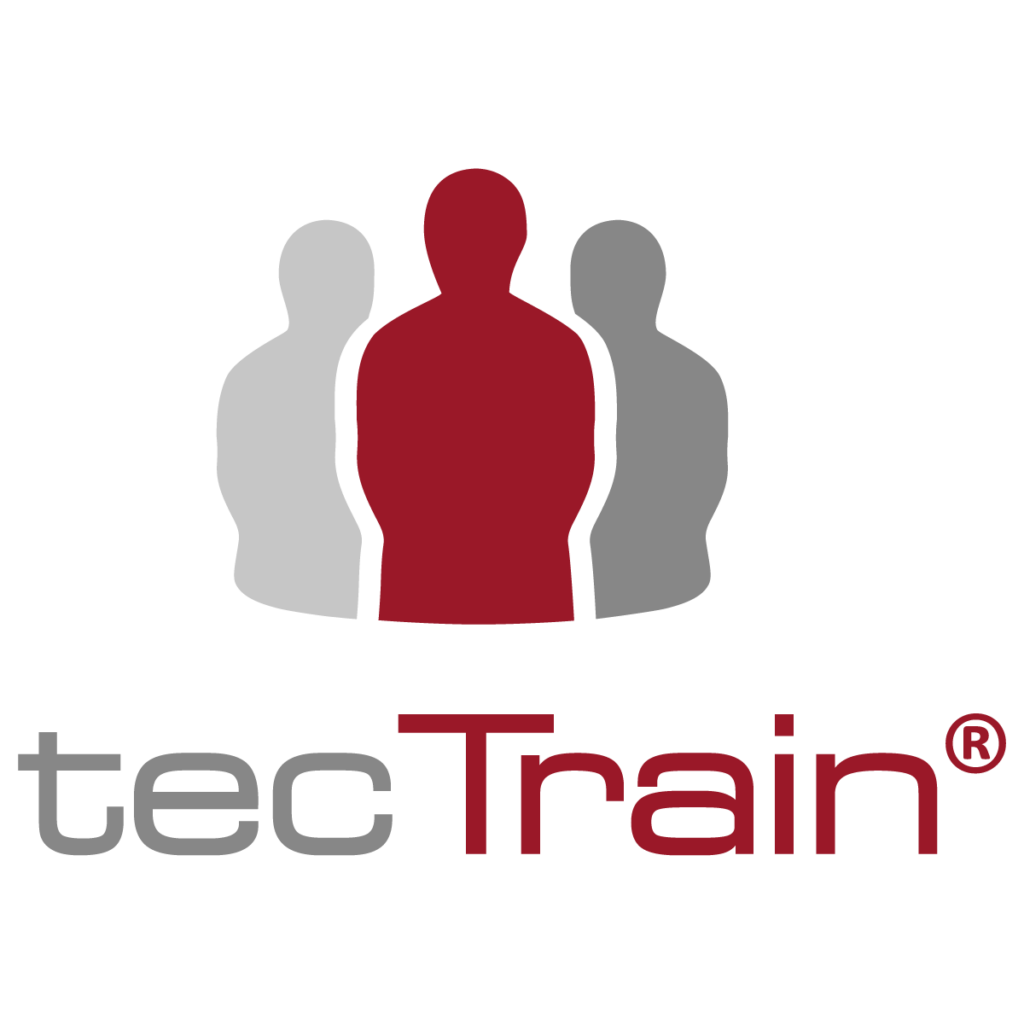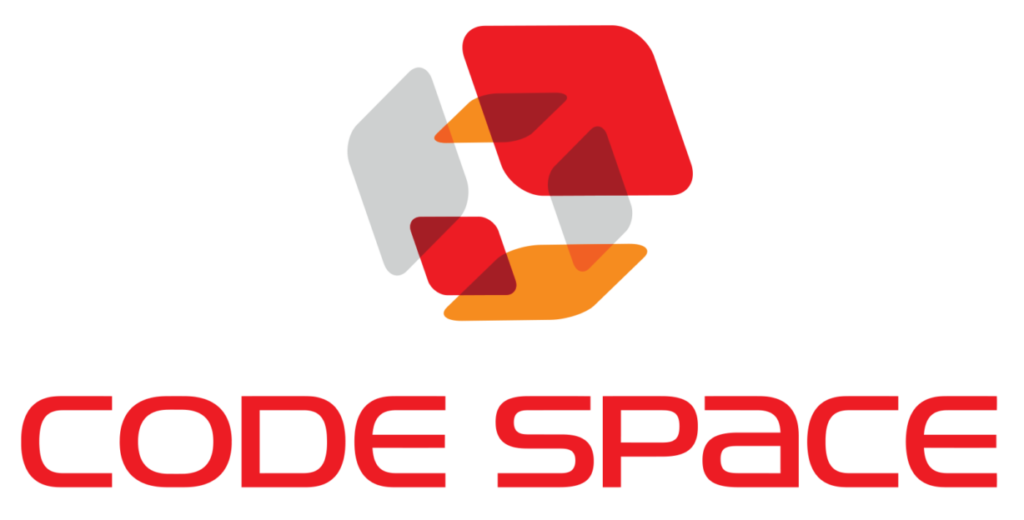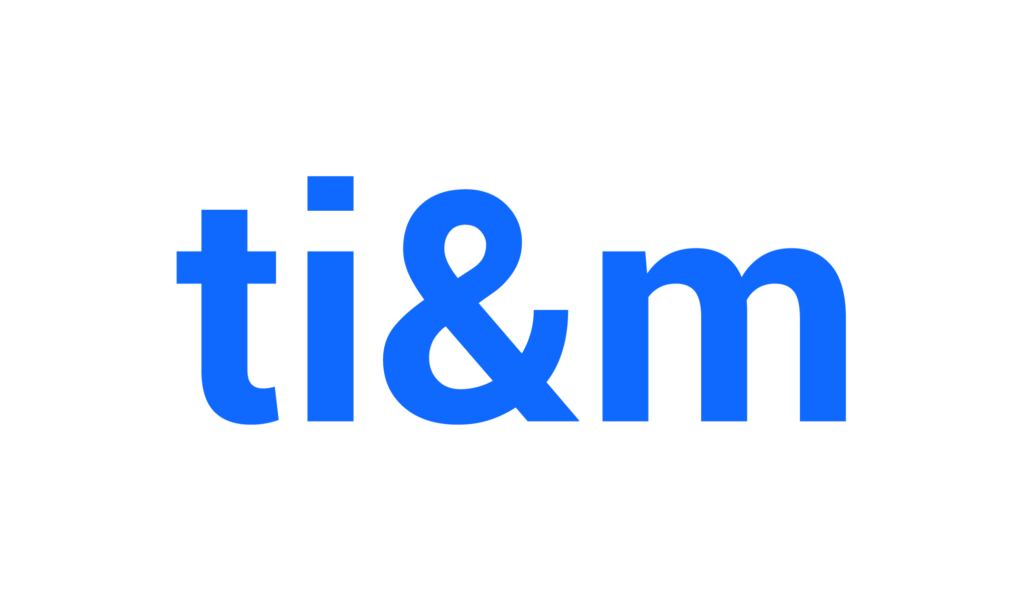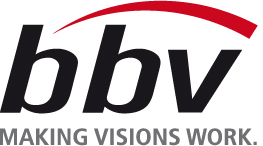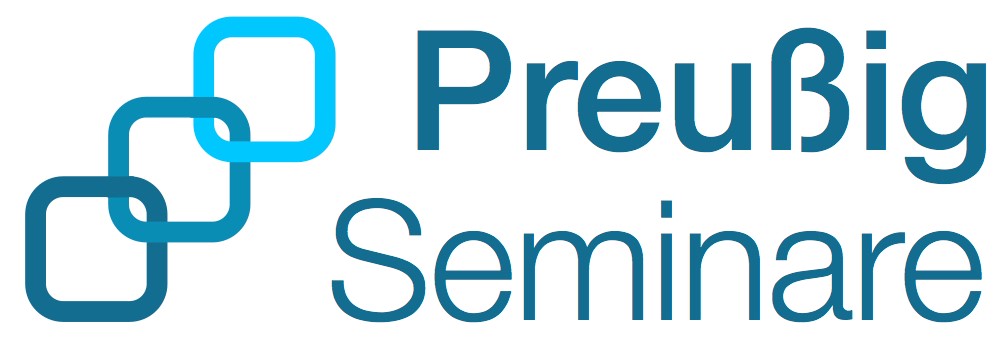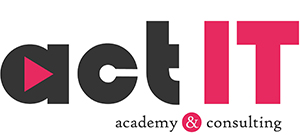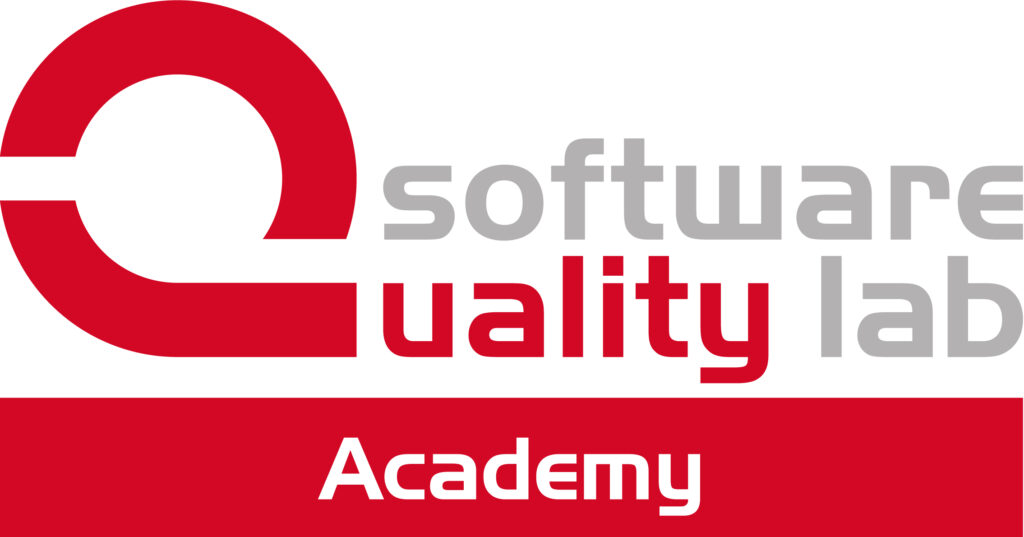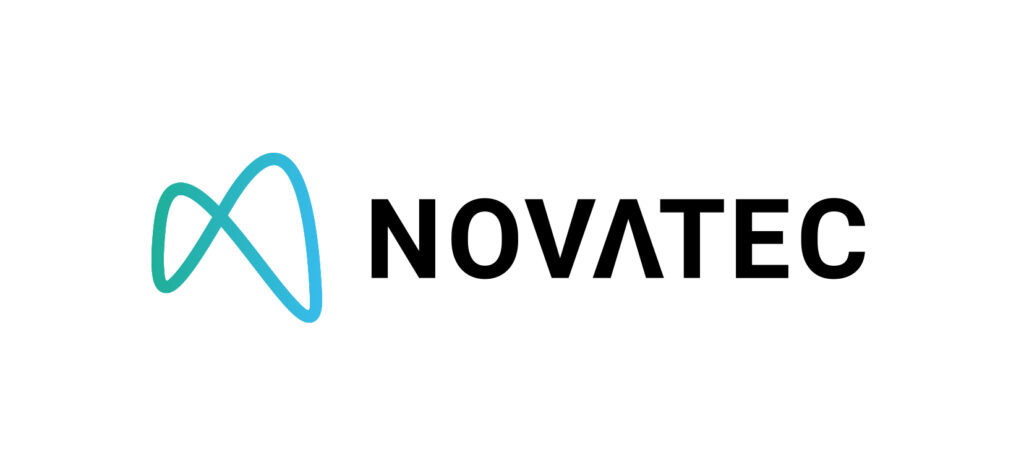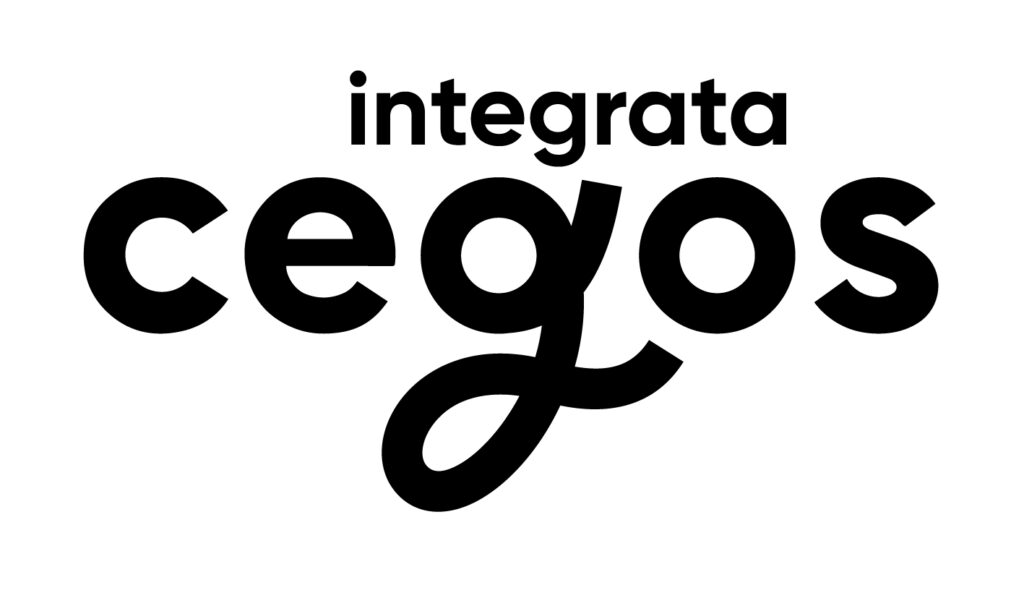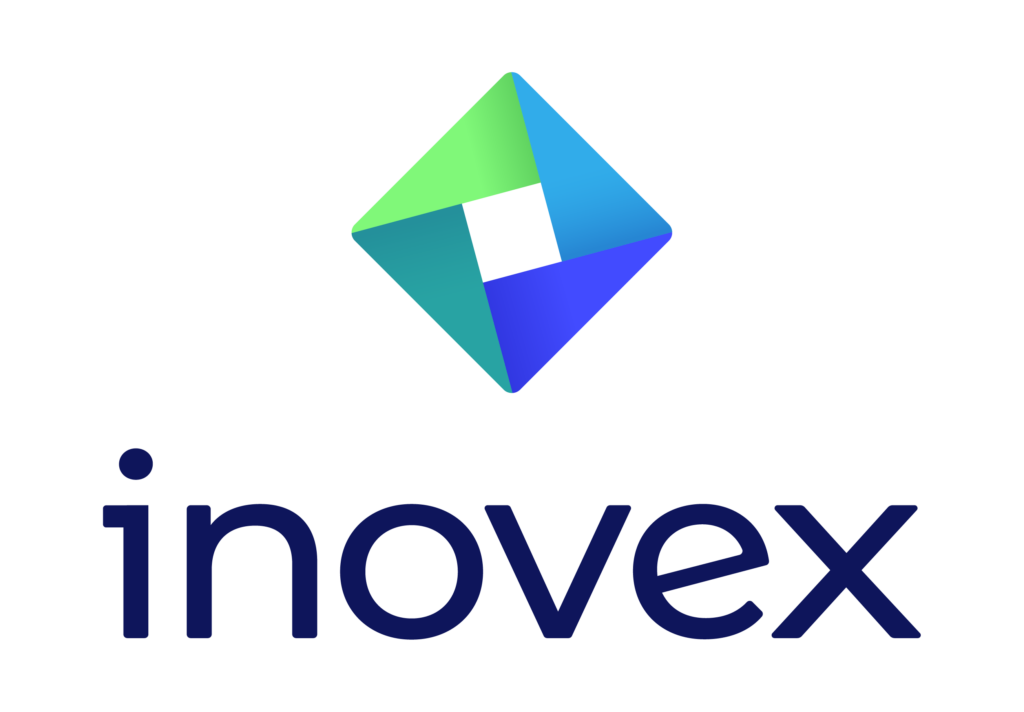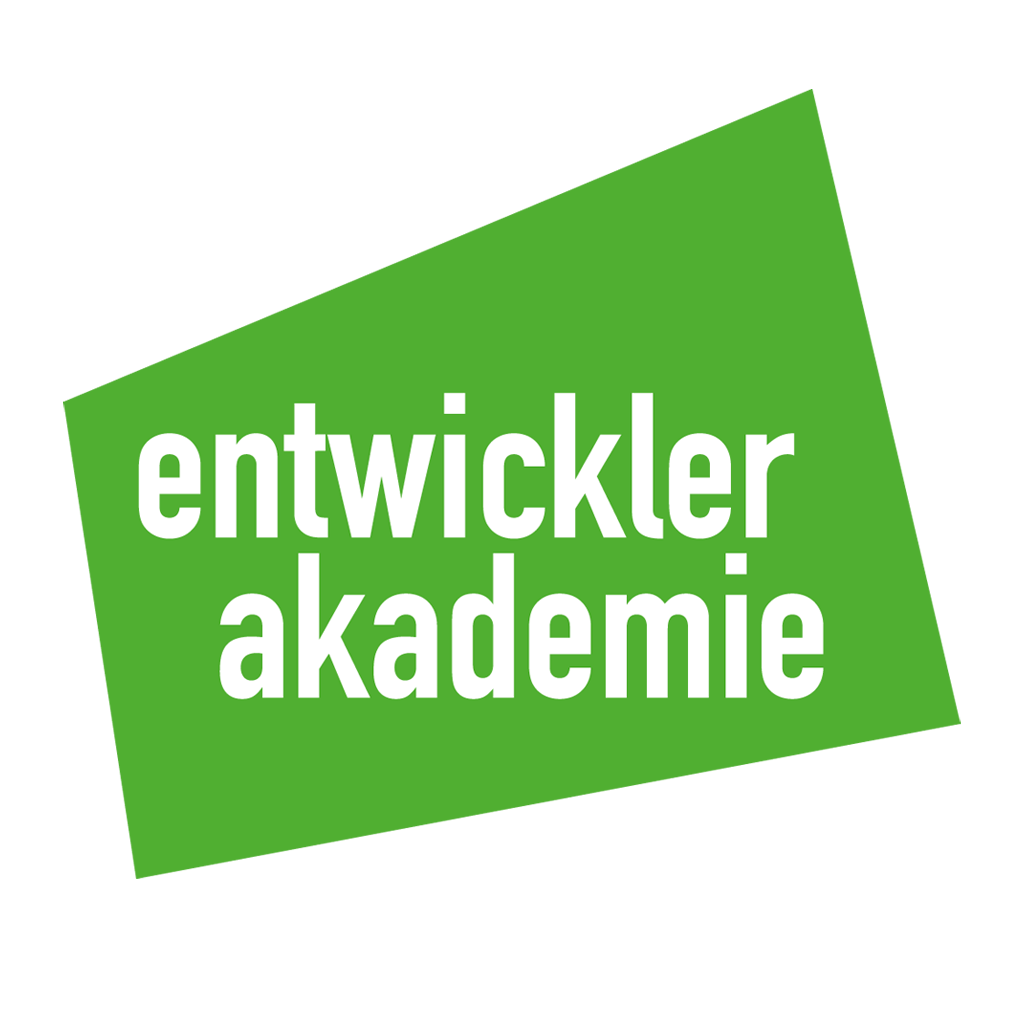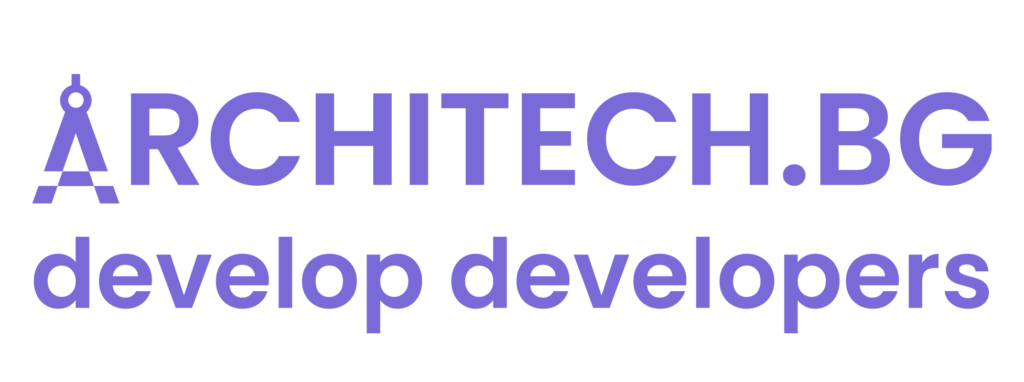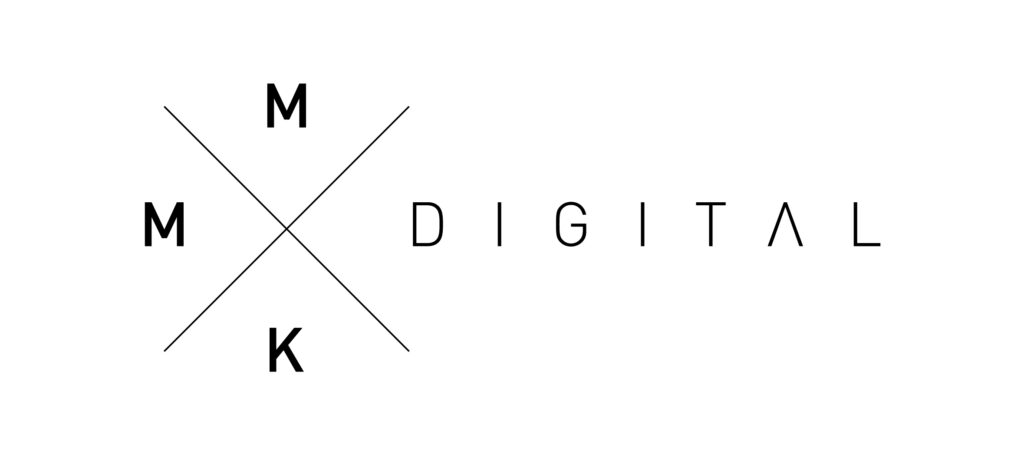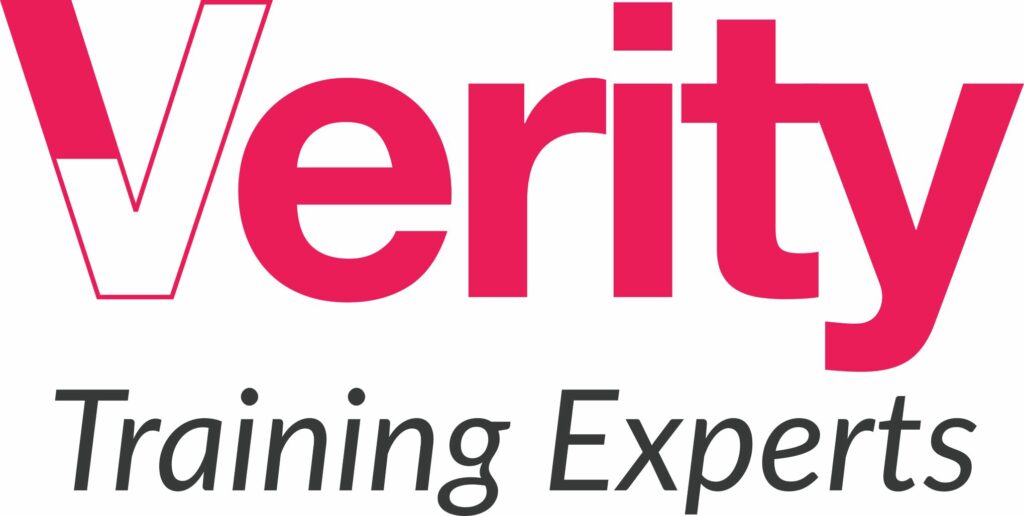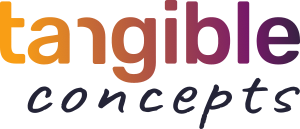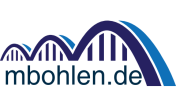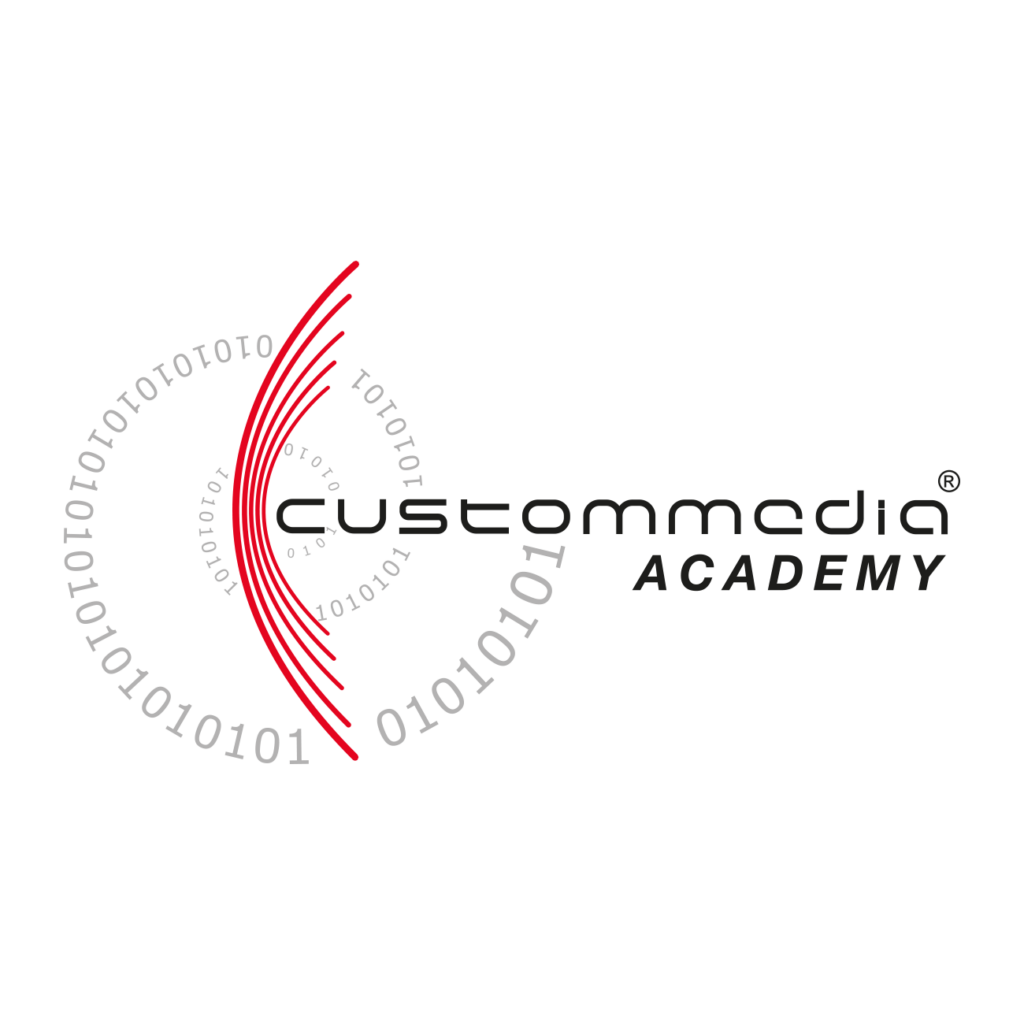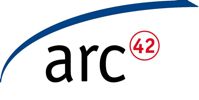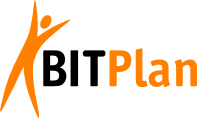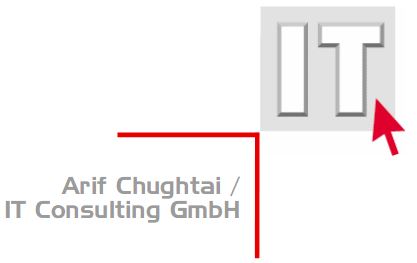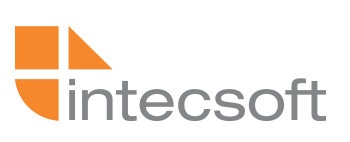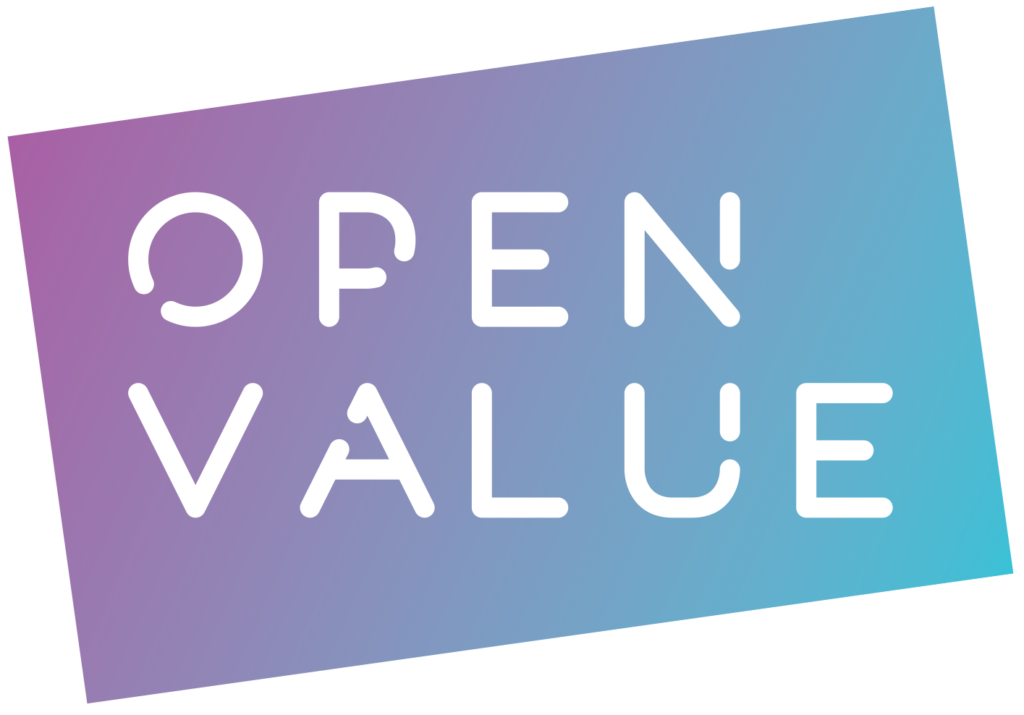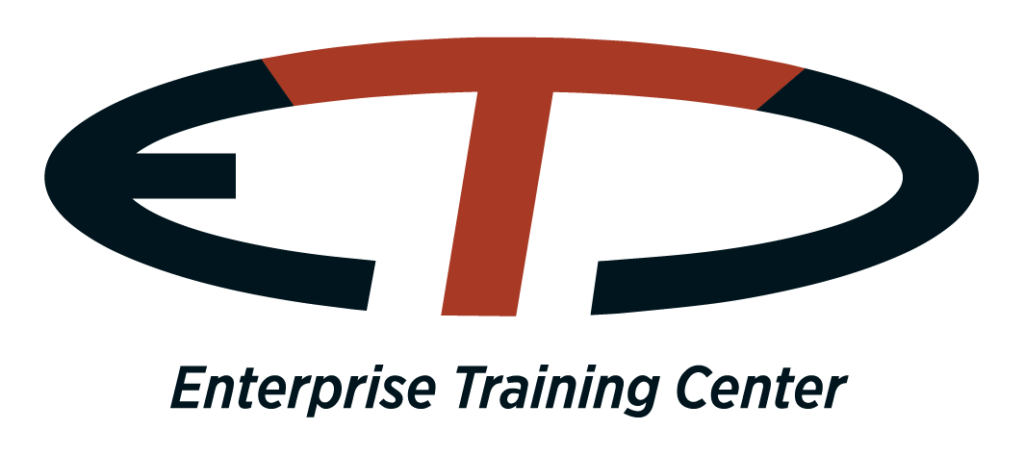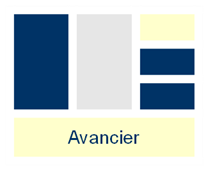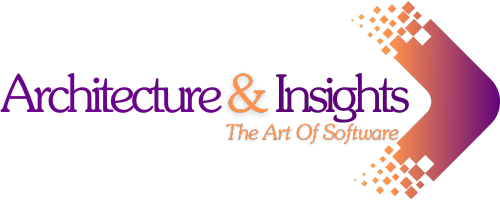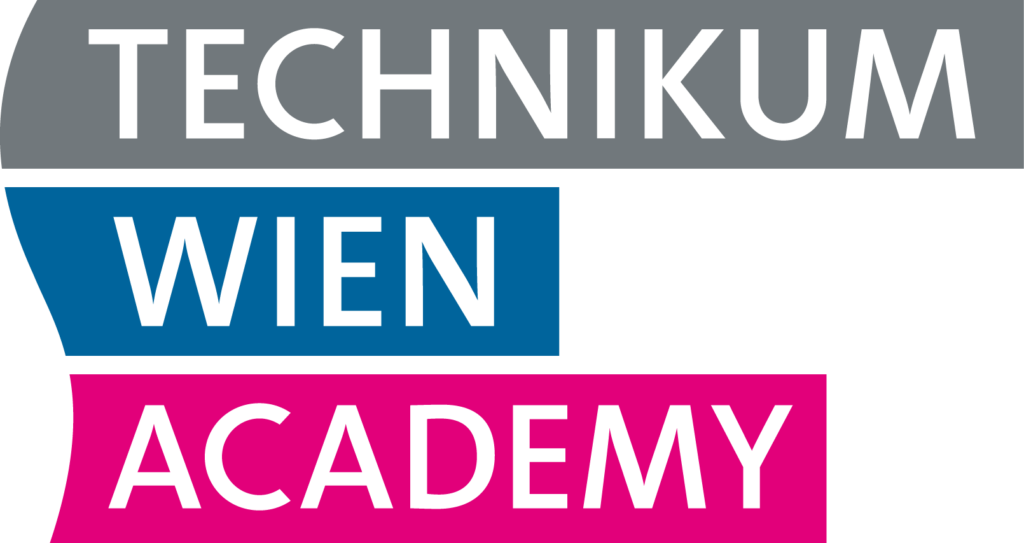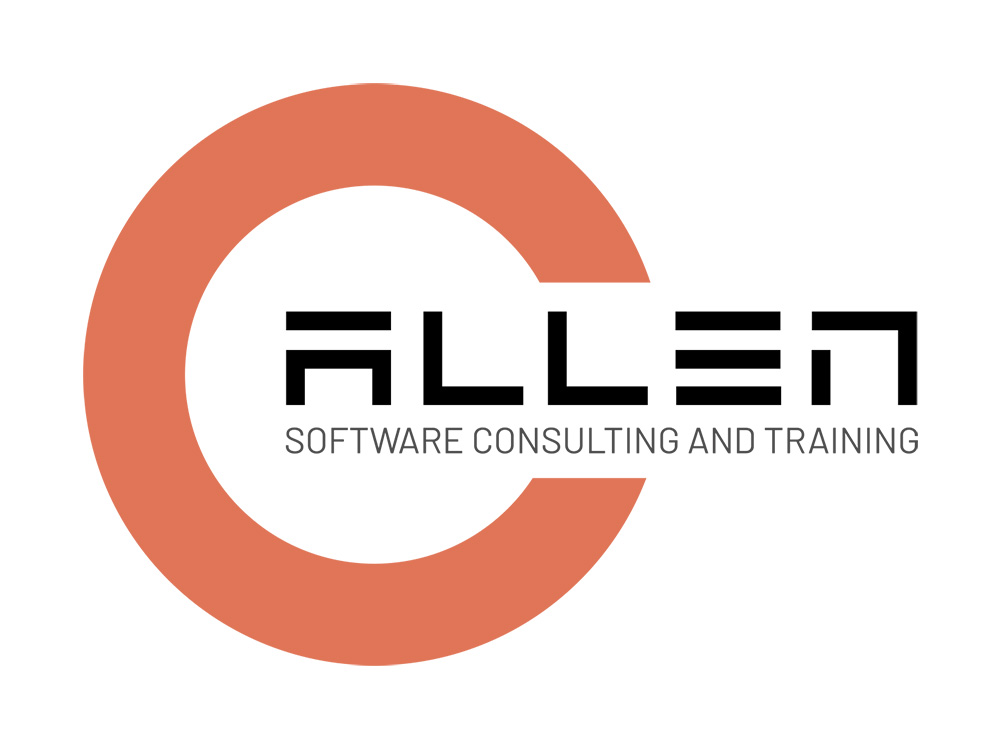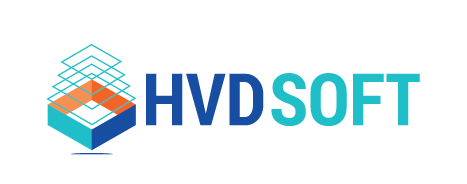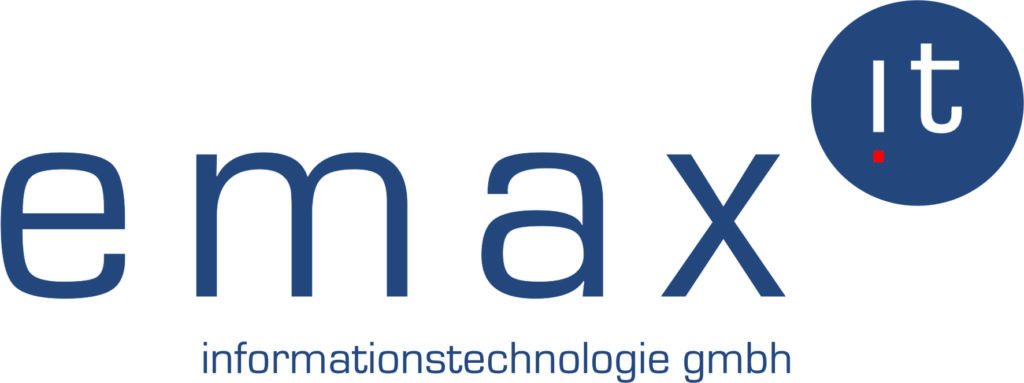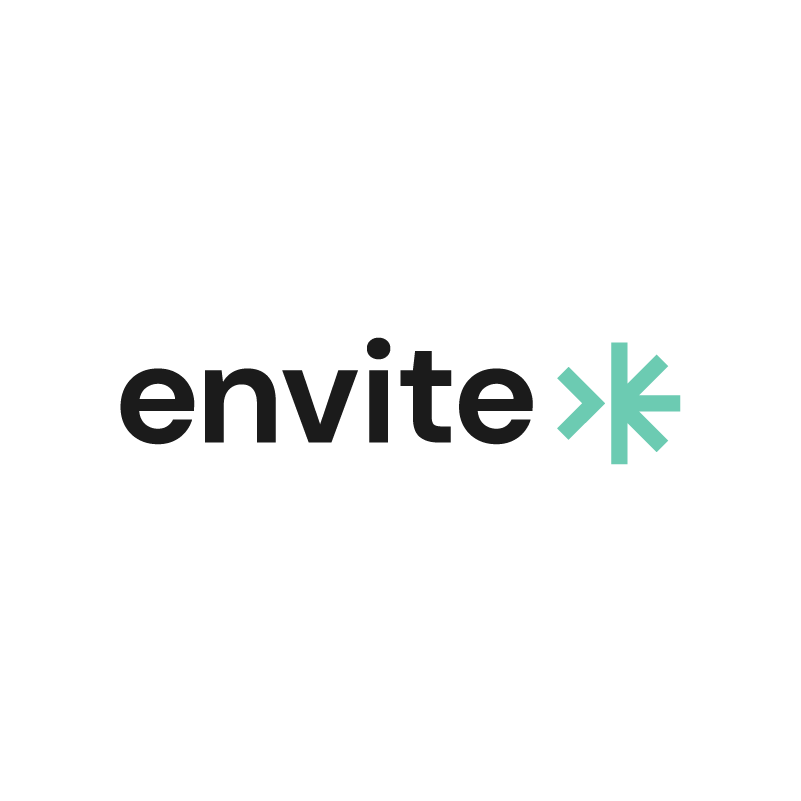Your most important questions answered
Frequently Asked Questions
On this page you will find frequently asked questions about the International Software Architecture Qualification Board (iSAQB®), and the Certified Professional for Software Architecture (CPSA®). Do you have further questions? Please contact us!
- All FAQs
- Advanced Level
- Advanced Level Exam
- Association
- Foundation Level
- Foundation Level Exam
- Members
Are credit points awarded for participation in online training courses at Advanced Level?
For online training courses at Advanced Level you will receive an official iSAQB participation certificate with the respective credit points.
Are participation certificates for Advanced Level training courses also issued if a training course has to be cancelled through no fault of one’s own, or if the participation is delayed?
For Advanced Level training courses, participation certificates with the designated credit points can only be issued if a participant has attended at least 75% of the training. If less than 75% have been completed, the intended credit points may not be awarded. It is necessary to repeat the entire training or to make up for the missing part in order to earn the credit points. In any case, this regulation also applies to reasons that are not the fault of the participant (e.g. illness, accidents, traffic jams, etc.).
Are there different examination conditions for non-native speakers?
In case the examination language is not your mother tongue, the duration of the examination can be extended to 90 minutes (net). Please indicate this when registering with the certification body.
Are there different examination conditions for the visually impaired?
In case you are profoundly visually impaired the duration of the examination can be extended to 90 minutes (net). Questions and possible answers can be read to you by the examiner. Please mention this when registering with the certification body.
Can I take a CPSA‑F exam without a preparatory training course?
To prepare for the Foundation Level exam, participation in classroom or online training from an iSAQB® Accredited Training Provider is highly recommended. An accredited CPSA‑F® training course usually lasts three to four days, and covers all relevant topics of the exam.
However, it is also possible to take the CPSA‑F® exam without attending a Foundation Level training course. We recommend the following literature for independent exam preparation:
- Software Architecture Foundation by Gernot Starke and Alexander Lorz; Van Haren Publishing, 1st Edition, May 2021
- Software Architecture Fundamentals by Mahbouba Gharbi, Arne Koschel, and Andreas Rausch; dpunkt.verlag, 1st Edition, February 2019
Do credit points earned from attended Advanced Level training courses expire?
Credit points, once you have earned them, are valid indefinitely and do not expire.
How can I find a certification body for the CPSA exam?
You can find all information about the certification bodies here.
How can you become a member of the iSAQB?
You can apply for membership or sponsorship at any time (a corresponding application form is available here). As an active member, you should spend approximately ten days a year working for the iSAQB — in one or more working groups of your choice. Preference will be given to new members who have experience in training software architects.
How do I receive proof of credit points?
Accredited training providers issue participants who attend an Advanced Level training course with a certificate of attendance with the credit points they have earned. The confirmation of participation is regarded as official proof for applying for an Advanced Level examination.
How does the certification examination for CPSA‑F (Foundation Level) work?
The actual CPSA‑F examination consists of a multiple-choice test of approx. 75 minutes in which you will be required to answer roughly 40 questions (as the number of points allocated to individual questions varies and questions are randomized, the exact number of questions can vary, depending on which questions are drawn). You will be awarded points for every correct answer, and you will need to achieve 60% of the examination’s maximum possible points score in order to pass.
Candidates usually attend licensed training courses in order to prepare for this examination, but in terms of formal requirements you could also complete the examination without having taken part in any training.
The examination will be carried out by a licensed certification body – which will also be in charge of assessment and necessary formalities. This organization will then provide you with your examination result, usually within a week of completion of the examination, and also your official CPSA‑F certificate if you have passed the examination.
How is CPSA program different from TOGAF certification?
Alongside the TOGAF training, the CPSA program rates highly in companies internationally. Compared to the TOGAF training, the CPSA program generally places more emphasis on the practical implementation of IT systems.
How is the curriculum at CPSA-Foundation Level being developed further? Is it possible to take part in the development process?
Within the iSAQB, the Foundation Level working group is committed to further development and updating of the CPSA-Foundation Level curriculum. Together, the experts of the working group contribute suggestions for improvement, and evaluate change notices, which all interested parties can post as “GitHub Issues” in the public repository at https://github.com/isaqb-org/curriculum-foundation/issues. Each release cycle is two years. Changes in the curricula usually affect existing training courses of training providers as well as the current exam questions. All training providers and licensed certification bodies will be notified of any changes well in advance of the release of a new curriculum.
How long is a successfully completed CPSA certification valid?
A CPSA certification is valid for life, just like a university degree.
How much does the Advanced Level exam cost?
The examination fee for one participant is 2,550.00 EUR plus VAT, a repeat examination is 750.00 EUR plus VAT.
I failed the CPSA-Foundation Level exam. Can I repeat it?
The CPSA-Foundation Level exam can be repeated several times without any waiting period.
I have lost my certificate. Can it be reissued?
If your certificate has been lost, you can contact the certification body that took your exam or the iSAQB. Generally, you can request a copy of your certificate within 10 years after the date of the exam.
I’m a student. Can I take the Advanced Level examination as well?
The Advanced Level examination is aimed at people with professional experience, see also the requirements in the Advanced Level Examination Rules. If you are a student with work experience, it is best to check whether you meet all the requirements using the Advanced Level Examination Rules.
Is it possible to attend Advanced Level training courses without an existing CPSA Foundation Level certification and earn credit points for it?
Software architects who do not yet have a Foundation Level certification can also participate in the Advanced Level training courses. Successful participation in the Advanced Level courses earns credit points, which are required for a possible Advanced Level exam. However, a prerequisite for applying for an Advanced Level exam is always a successfully passed Foundation Level exam.
Is the iSAQB responsible for the quality of its training providers’ CPSA trainings?
The iSAQB operates an elaborate quality assurance system with regard to its training providers, CPSA trainings, and trainers. Our aim is to ensure a consistently high training standard for all CPSA training courses worldwide. However, despite extensive accreditation processes, the iSAQB assumes no liability for the quality of trainings provided by its accredited training partners. Furthermore, the iSAQB assumes no liability for the results of CPSA examinations.
May I call myself “Software Architect” after passing the exam?
The CPSA certification is not a vocational qualification, but a proof of knowledge in the field of software architecture. The iSAQB is not entitled to award vocational qualifications, so we propose you call yourself “Certified Professional for Software Architecture by iSAQB” after passing the exam.
In Germany it is unclear if it is legally allowed to call oneself “Software Architect”. We recommend you inform yourself about the laws regarding the vocational qualifications in your country.
What does the Advanced Level curriculum include?
For the purpose of CPSA‑A training, the iSAQB has defined the three following areas of competence:
- Methodical competence: a systematic approach to architectural tasks, regardless of the technologies used
- Technological competence: knowledge and implementation of technology solutions used in design tasks
- Communicative competence: communication, presentation, argumentation, and moderation skills as well as the ability to cooperate productively with different stakeholders
What does the Foundation Level curriculum include?
The CPSA‑F (Foundation Level) consists of the following parts:
- Basics of software architecture, role and task of software architects
- Description and communication of software architectures
- Design and development of software architecture
- Architecture and quality
- Tools for software architects
- Examples of software architectures
Part 1–5 are relevant to the CPSA‑F certification exam.
The detailed learning content and learning objectives can be found in the official curriculum, here online or for download.
What is the difference between a certification body and a training provider?
The iSAQB has stipulated that there be a formal and organizational separation between training course providers and certification bodies – hence these two different roles. Training course providers offer training, courses, workshops in order to prepare you for the CPSA‑F examination for instance, or your CPSA‑A examination project.
Certification bodies organize the CPSA‑F and CPSA‑A examination – but must not offer any training or seminars in this area themselves.
What is the difference between the three system types in the selection of examination tasks?
Information system
An information system is used to retrieve information and process business transactions. Users in different roles work collaboratively on an overall result. The system takes care of the storage, input and output, validation and processing of the data for the users. The aggregation of data into reports also occurs.
Information systems are often used in a company’s intranet. The users in an intranet usually are expected to have a behaviour that is predictable (e.g. with respect to scalability) and regular within certain limits (not a “wilderness” like on the Internet).
Often rather complex business processes are important, which can make it challenging to properly authorise users for the business processes.
Information systems can also be web-based, but they are not a “web system” (see the next section for a more precise definition).
Web system
A web system basically serves the same purposes as an information system. The difference lies in the target group and the type of use. A web system is intended for use on the Internet (the “wilderness”). The Internet is an environment in which large numbers of users, heavily fluctuating loads and occasionally malicious attackers can be expected.
Due to the use of the Internet, higher network latencies are often to be expected than with in-house applications, which can have a negative effect on the system response time behaviour and thus (also) its usability.
Attention must be paid to these special circumstances when designing a web system (in addition to the business logic itself).
Embedded system
An embedded system is directly connected to its environment through sensors and can also influence the environment through actuators. The tasks of an embedded system are often measurement and control of processes in its environment. In the case of information or web systems, on the other hand, the environment consists exclusively of human users or other IT systems. In contrast to IT and web systems, resources (e.g., memory, energy, computing time) in embedded systems are limited and architectures for those systems have to consider this. Often, latencies are important, that is, the reaction time to external events and their handling. Special cases are embedded real-time systems in which timely task processing is essential, as well as safety-critical systems.
What should I consider regarding credit points?
The credit points can be revaluated by the iSAQB every 12 months. If you plan your training measures over some years you should consider this, in case you focus mostly on the number of points for the individual seminars. This revaluation can apply to the number of points as well as to the distribution to the areas of competence. It is possible that credit points are no longer rewarded for one of the three competence areas, so you would have to cover this competence area with another seminar. However, there have only been very few changes so far.
Which different types of membership are there at the iSAQB?
All iSAQB members work on a voluntary basis. There are different types of membership at the International Software Architecture Qualification Board:
Active Board Members
Active members are elected by the general meeting and have a right to vote on all important decisions within the association. An active member can be an individual or a representative of a sponsoring company. In order to receive the status of an active member, one has to have worked actively and productively in one or more iSAQB working groups for a longer period of time.
Supporting Board Members
Supporting members are usually individuals. They can have the status of an active or passive member. Supporting members do not pay a membership fee.
Sponsoring Board Members
Sponsoring members are usually companies that wish to support the iSAQB and its goals with their membership fees. These can be training providers, but also end users or software development and consulting companies.
Which requirements must I fulfil to access Advanced Level certification?
- Successful training and certification at CPSA‑F level (Certified Professional for Software Architecture, Foundation Level).
- A minimum of three years full-time professional experience in the IT industry, including the involvement in the design and development of at least two different IT systems. Exceptions can be granted upon application (for instance involvement in open source projects).
- Training and further education within the scope of iSAQB Advanced Level trainings of at least 70 credit points. All three areas of competence must be covered with at least 10 credit points each.
- Successful completion of the CPSA‑A certification task, including an interview with two independent examiners appointed by the iSAQB.
Which requirements must I fulfil to access Foundation Level certification?
Participants should have the following knowledge and/or experience:
- At least 18 months of practical experience in software development, acquired by programming various projects or systems outside of education.
- Knowledge of and practical experience in at least one higher programming language.
- Basics of modelling and abstraction.
- Basics of UML (class, package, component and sequence diagrams) and their relation to source code.
- Practical experience in technical documentation, especially in the documentation of source code, system designs or technical concepts.
Helpful for the understanding of some concepts are also:
- Knowledge of object orientation
- Practical experience in at least one object-oriented programming language
- Practical experience in the design and implementation of distributed applications, such as client/server systems or web applications
We consider it useful to prepare for the CPSA‑F exam by attending an accredited training course – but in general you can also take a CPSA‑F exam without training.
Who are the people behind the association, and what are its aims?
The association was founded in 2008 by about 20 volunteers. The iSAQB e. V. brings together various software architecture experts. Its members include professionals from industry, consulting, training, academia, and other organizations or associations. The purpose of the association is to standardize the training of software architects internationally.
Who may offer and conduct CPSA-Advanced Level training?
Trainings at CPSA-Advanced Level may only be offered and conducted by training providers accredited by the iSAQB. Accredited training providers have proven the high quality of their CPSA training offers and are committed to the iSAQB accreditation conditions.
Who may offer and conduct CPSA-Foundation Level training?
In order to be able to offer and conduct training courses, an accreditation by the iSAQB is required. That means that training providers commit themselves to the accreditation conditions of the iSAQB. For more details, please see our accreditation info page.
Why become a financially supporting (sponsoring) member of the iSAQB?
We take care of the development and administration of standard curricula for software architects (CPSA Certified Professional for Software Architecture®). This includes the definition of exams for certification based on the CPSA curricula as well as guaranteeing the professional quality of further training for software architects. The iSAQB e. V. (registered non-profit association) itself does not provide trainings or exams, but determines examination rules and regulations, grants licenses to training course providers and certification bodies, and defines and supervises the necessary processes. All activities of the iSAQB e. V. are based on voluntary work – the active members do not receive any earnings or fees for their contribution.
As financially supporting member you become part of a broad network of experienced software architects. You benefit from the know-how of the members, who are often also training course providers. Make new contacts with industry experts and maybe even find new employees over the network.
Financially supporting members are presented on the iSAQB website. You can be presented with your company’s logo there, and show your membership of our well-respected association!
Financially supporting members are allowed to dispatch a member, who can contribute to the association’s working groups. Thus, own demands on the curricula can be introduced.
Will the assignment for the Advanced Level exam be subject to a plagiarism check?
All assignments by participants of the Advanced Level examination are first subjected to a plagiarism check by the certification bodies, which results in an examination report. This examination report is then forwarded to the responsible examiners for evaluation, along with the assignment.


